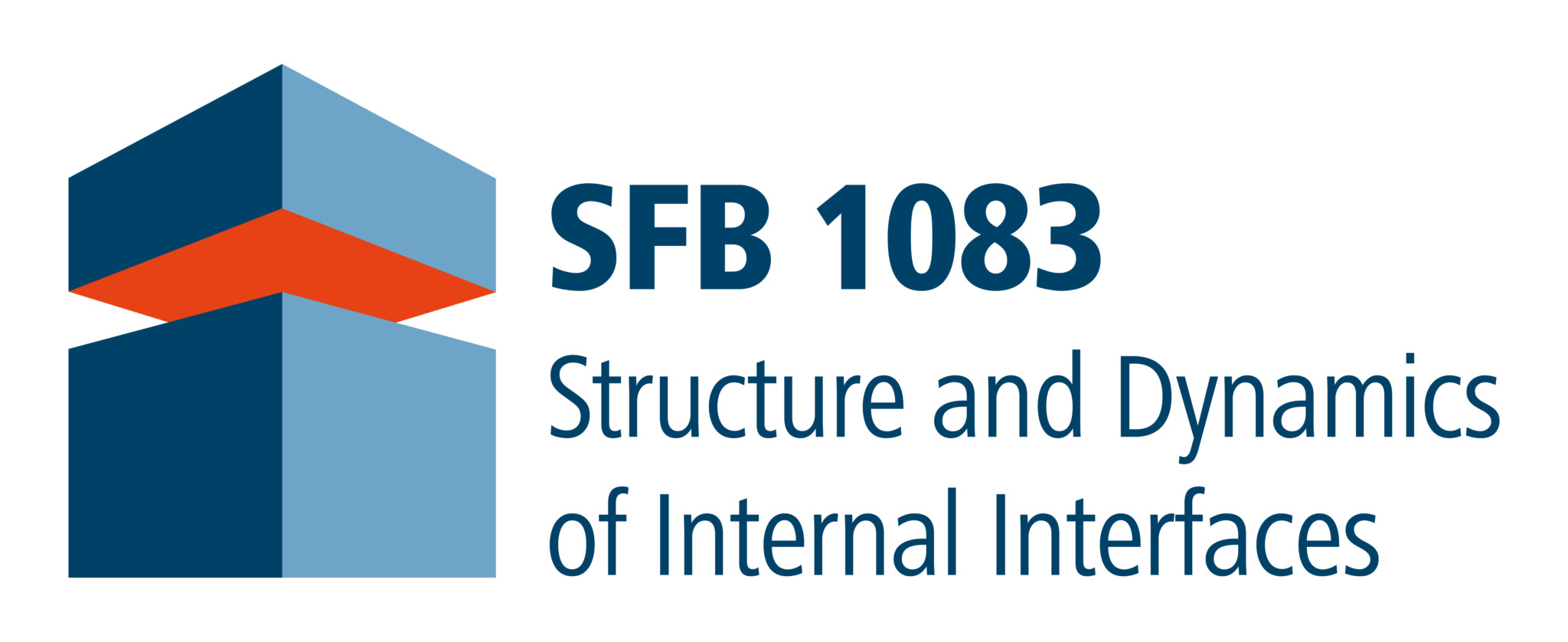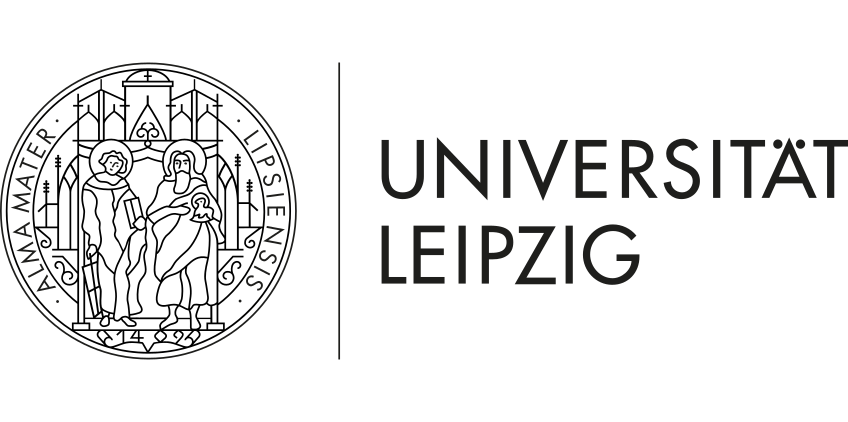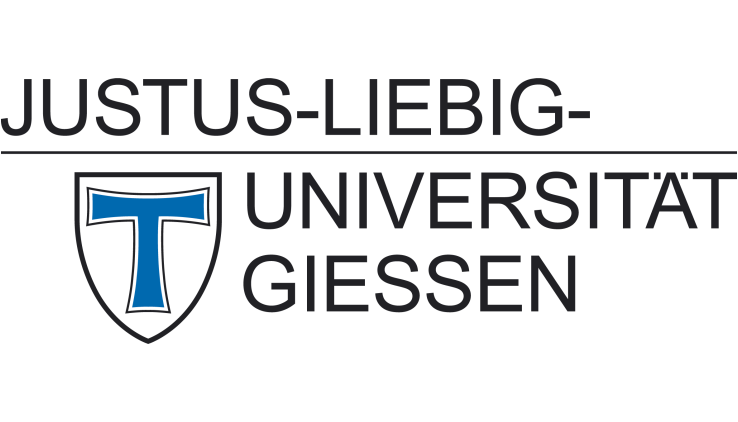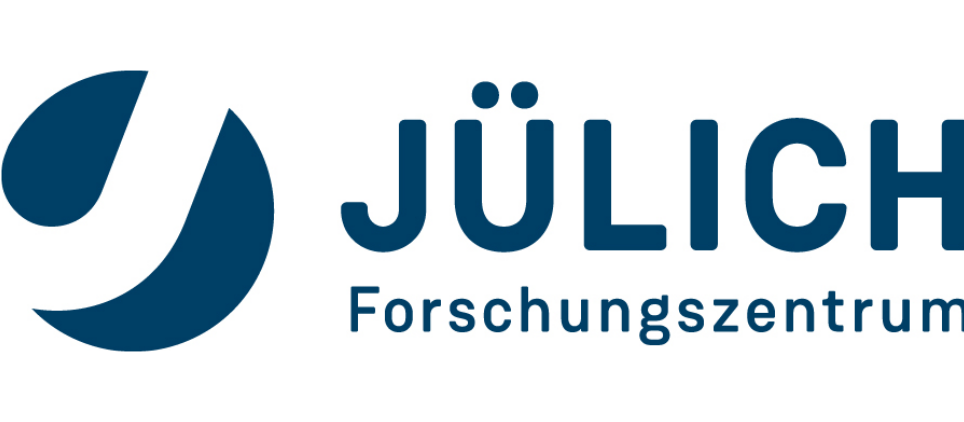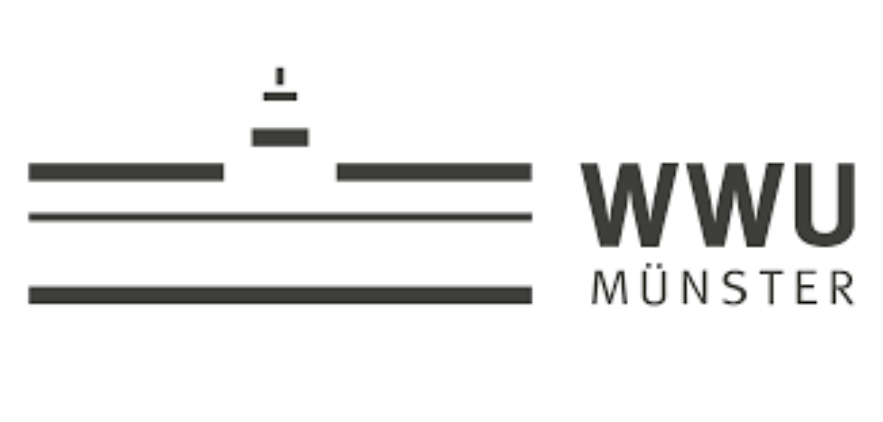Cyclacenes – ERC Synergy Grant for Michael Gottfried and collaborators
The European Research Council (ERC) awarded a Synergy Grant of up to 11 million Euros to the project “Tackling the Cyclacene Challenge” in short “TACY”.
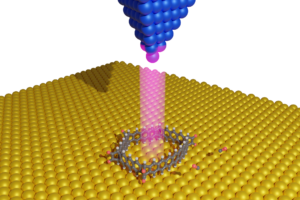
Manipulation of a cyclacene precursor on a gold surface with electrons from the tip of a scanning probe microscope. (Graphics: Tobias Kirschbaum)
Marburg chemist Prof. Dr. Michael Gottfried, vice-speaker of SFB 1083 and project leader of A4 and A16, has been awarded an ERC Synergy Grant by the European Research Council (ERC), together with Prof. Dr. Michael Mastalerz from the University of Heidelberg and Prof. Dr. Holger Bettinger from the University of Tübingen. With their project “Tackling the Cyclacene Challenge” (TACY), the three researchers are pursuing the goal of generating a special class of ring-shaped carbon compounds, the cyclacenes, for the first time. The European Research Council funds the project with around 11 million euros. Of this, around 4.5 million euros is allocated for the research work at Philipps-Universität Marburg.
Cyclacenes are tiny sections of carbon nanotubes and, due to their unique chemical, electronic and structural properties, are of particular importance for potential applications, for example in organic electronics. The ERC-funded collaborative project aims to use new approaches to generate cyclacenes. Despite decades of research efforts, it has not yet been possible to produce even a single representative of this substance class. The researchers now want to achieve this goal, the ‘holy grail’, jointly as part of the TACY project.
In the laboratory of the surface and nano scientist in Marburg, molecular precursors synthesized in Heidelberg and Tübingen will be converted into the desired cyclacenes at extremely low temperatures. This is done on gold surfaces in a scanning probe microscope. With this microscope, individual atoms and molecules can not only be imaged, but also selectively modified. This makes it possible to force chemical processes that would not occur on their own. The researcher is looking forward to a new scanning probe microscope, which will be procured with funds from the ERC Synergy Grant. It will allow the researchers not only to image and manipulate molecules, but also to analyze them chemically in detail, which will tremendously help the project.
For further deatils, please see the press releases of the Philipps University Marburg and the European Research Council.
